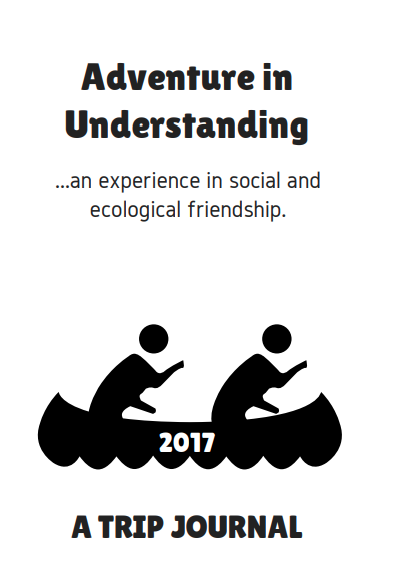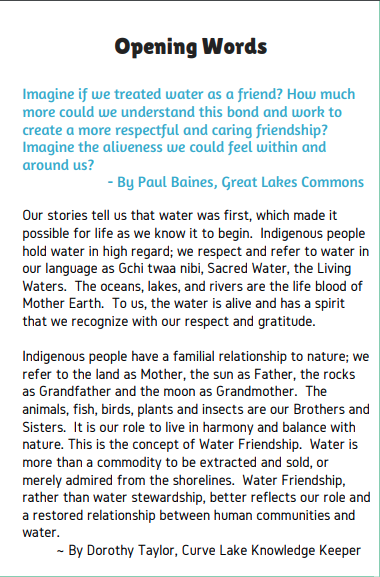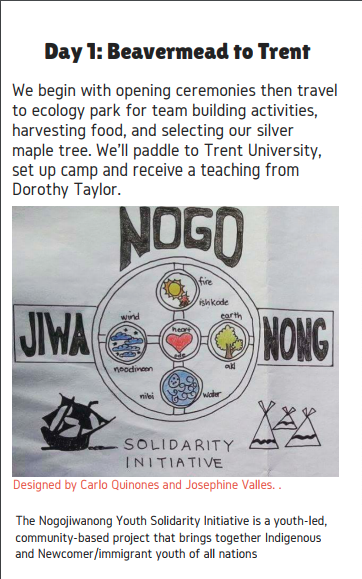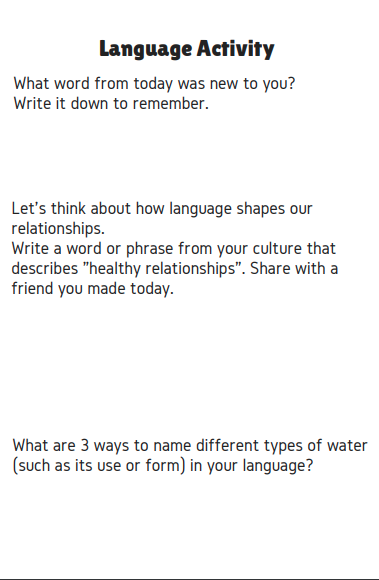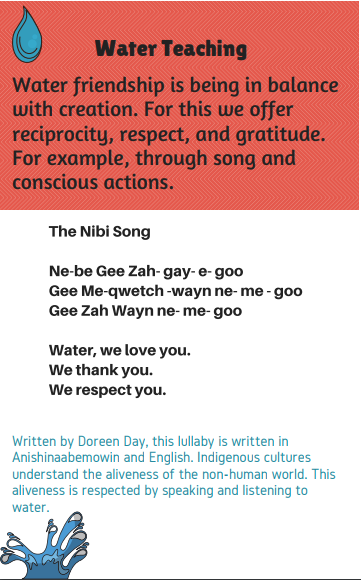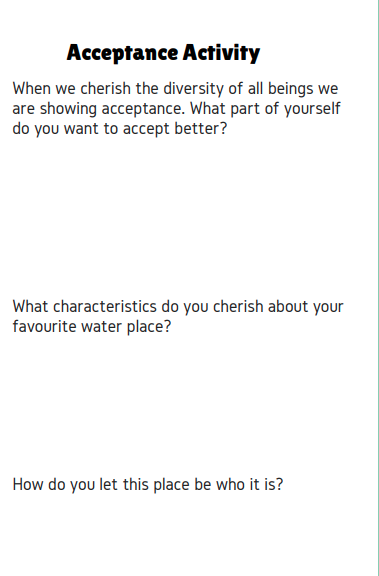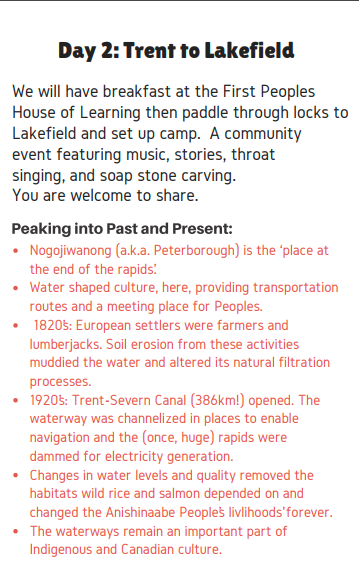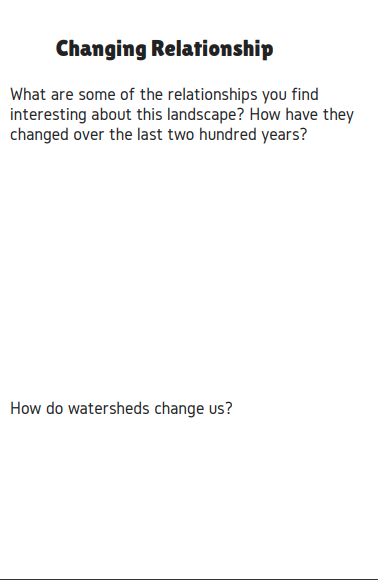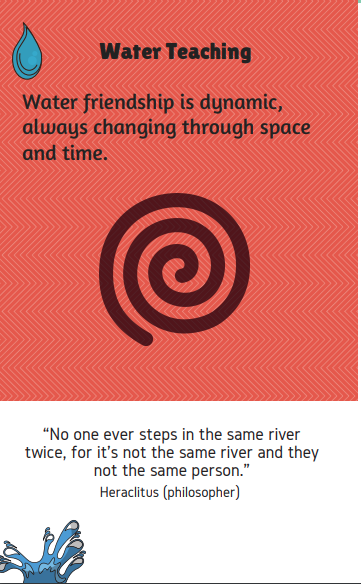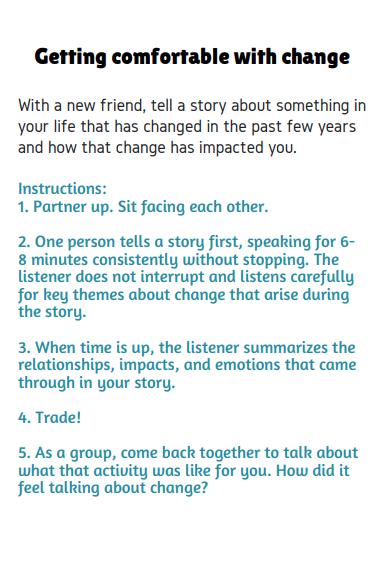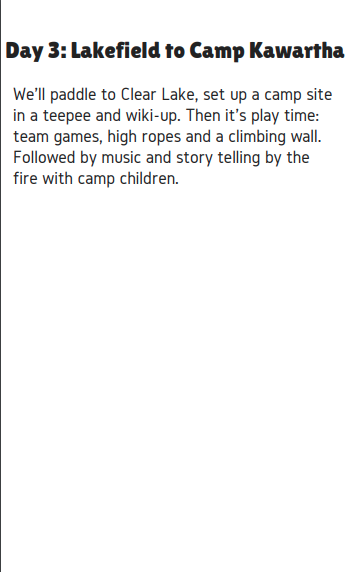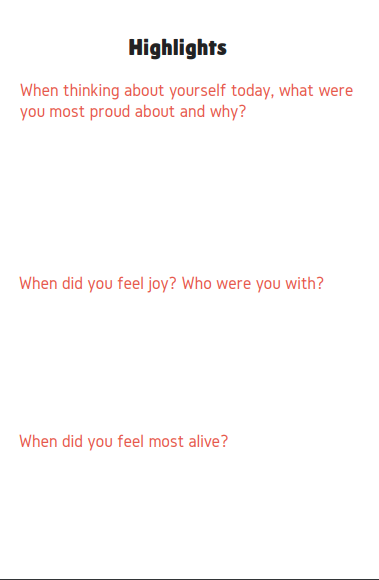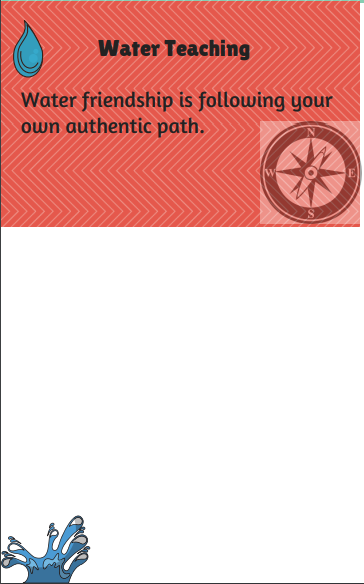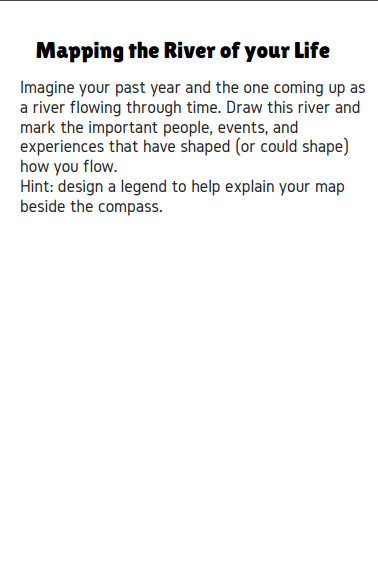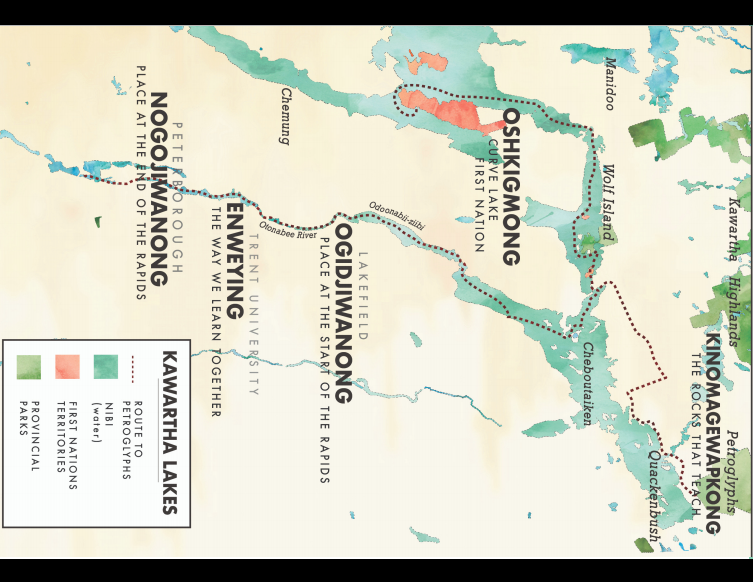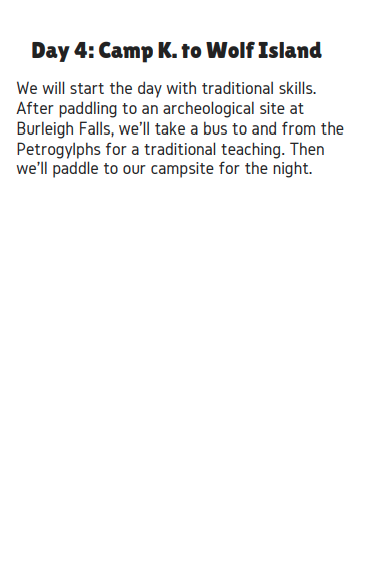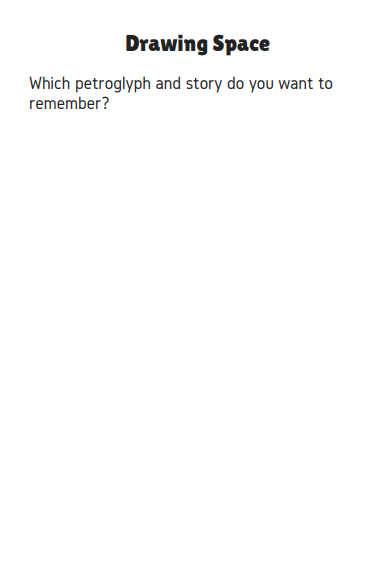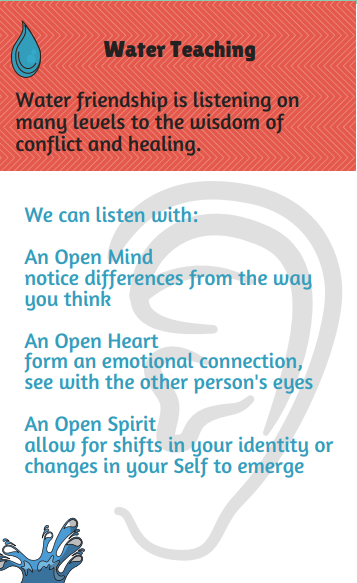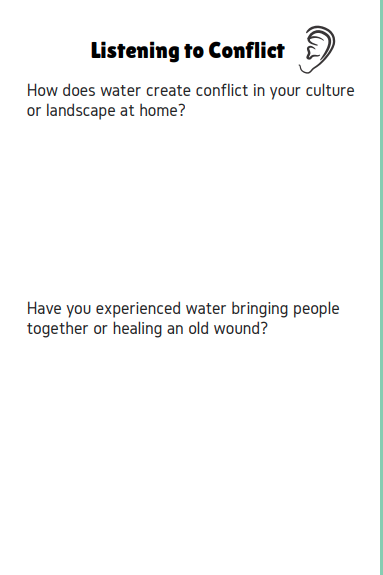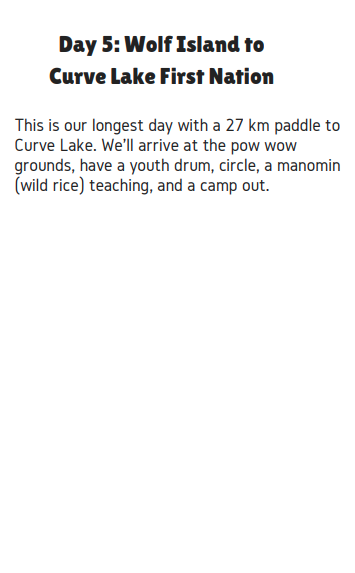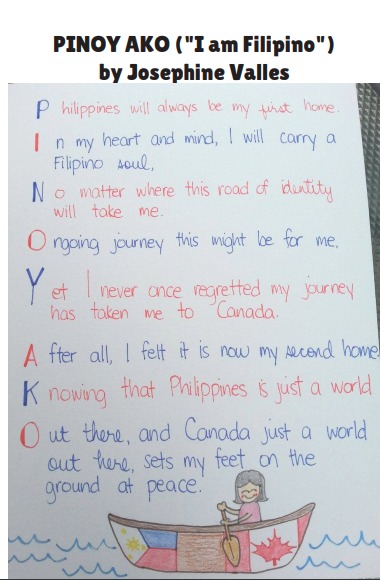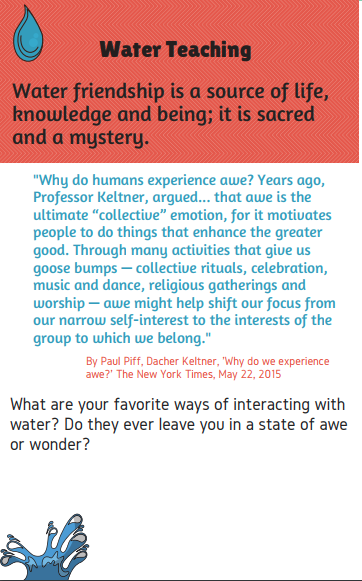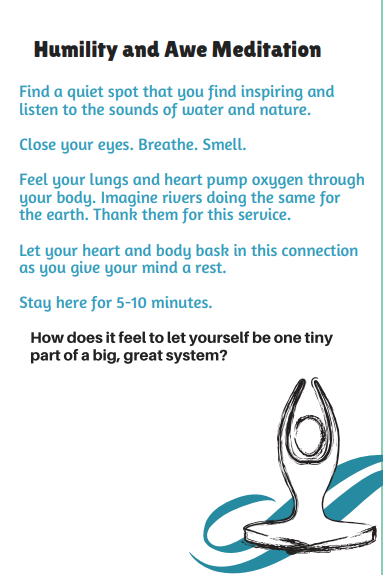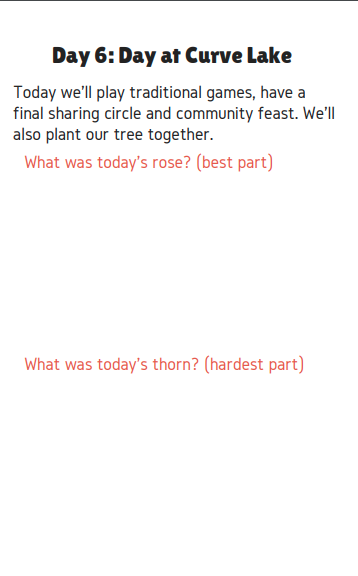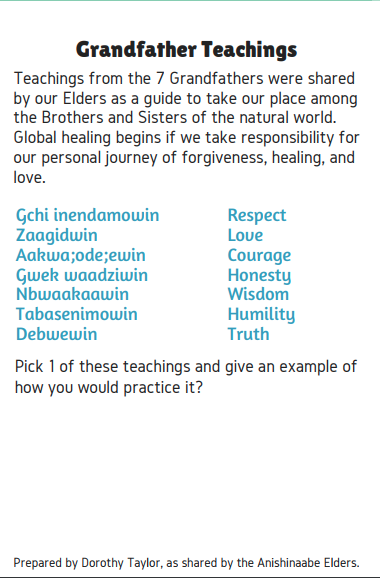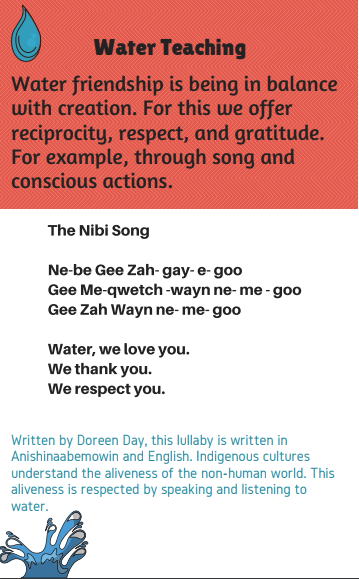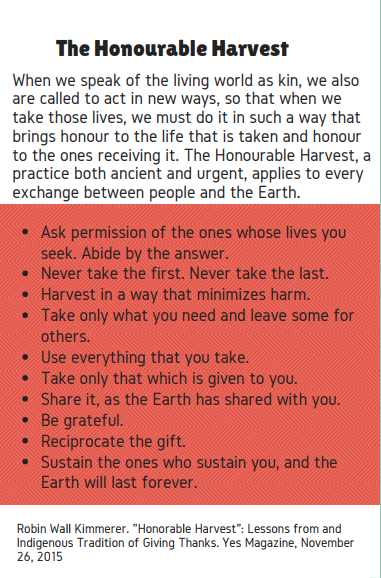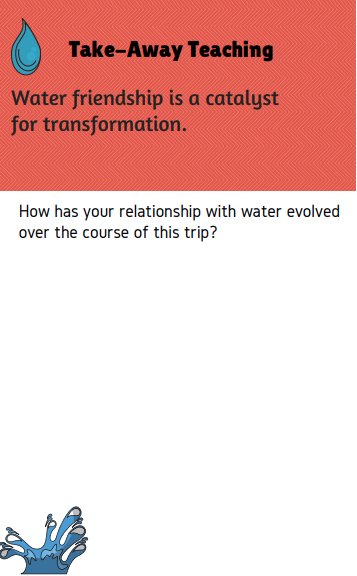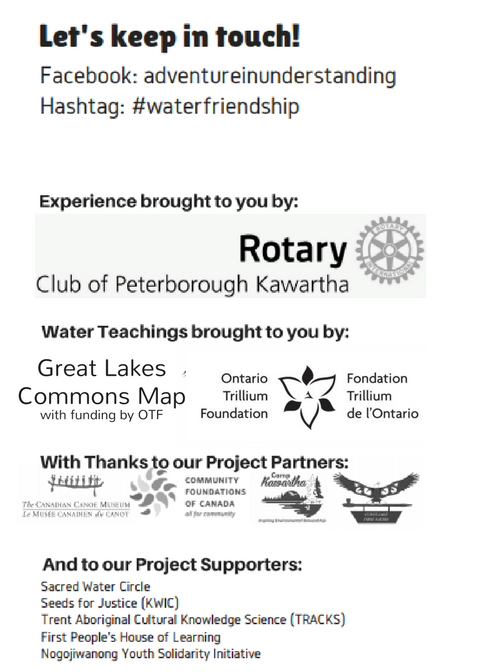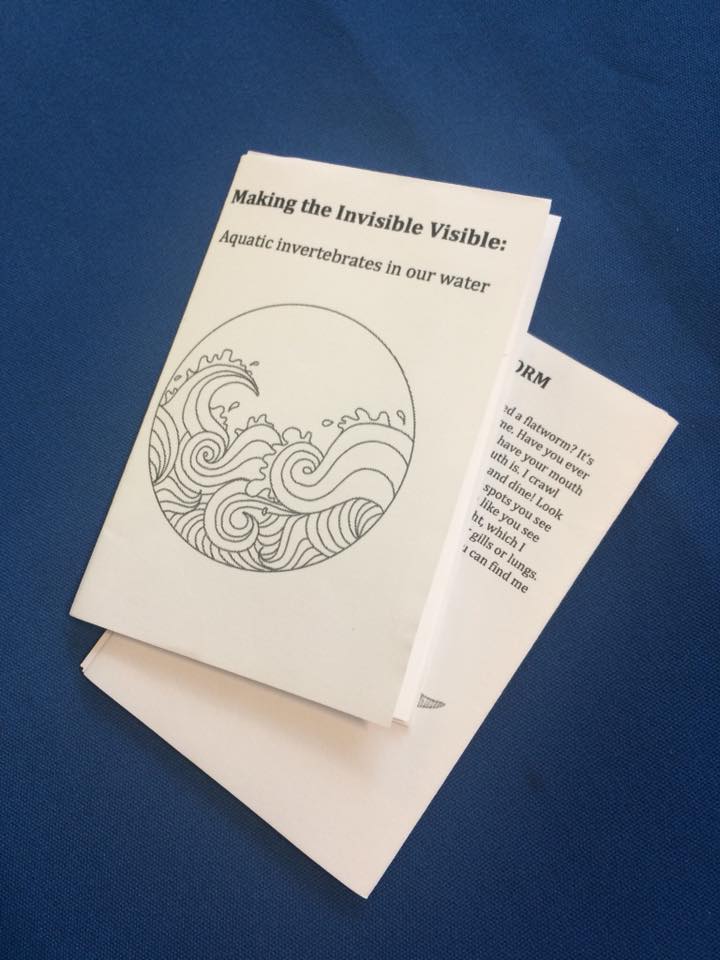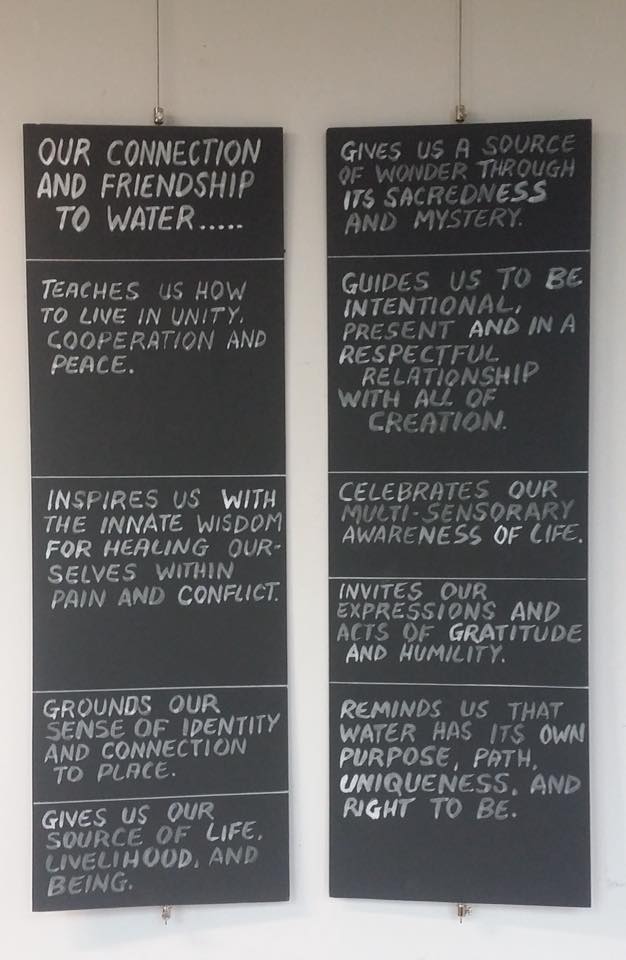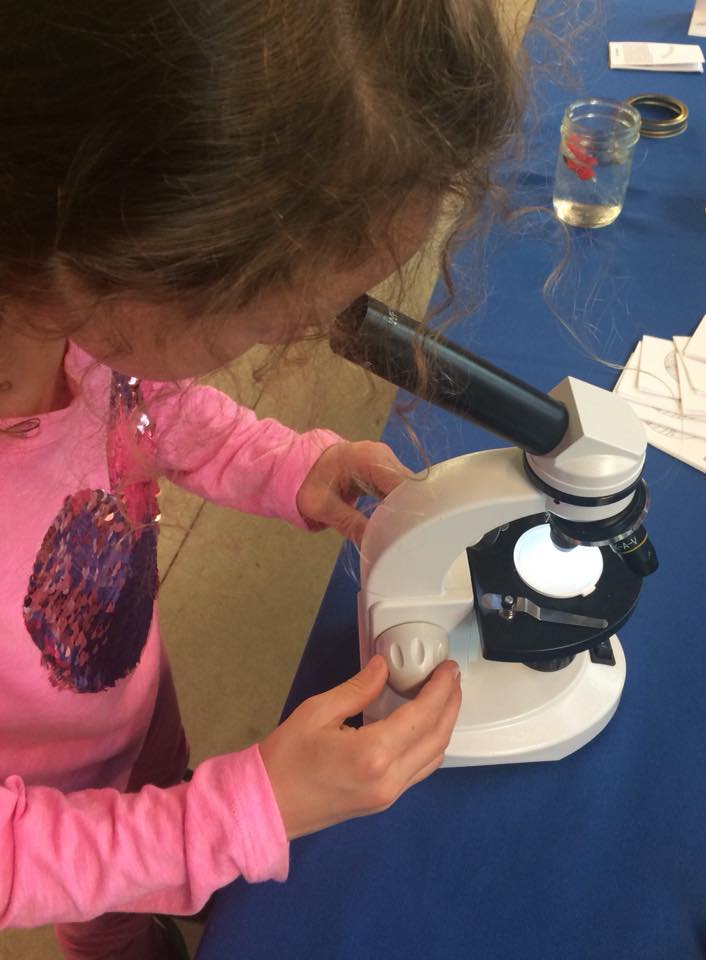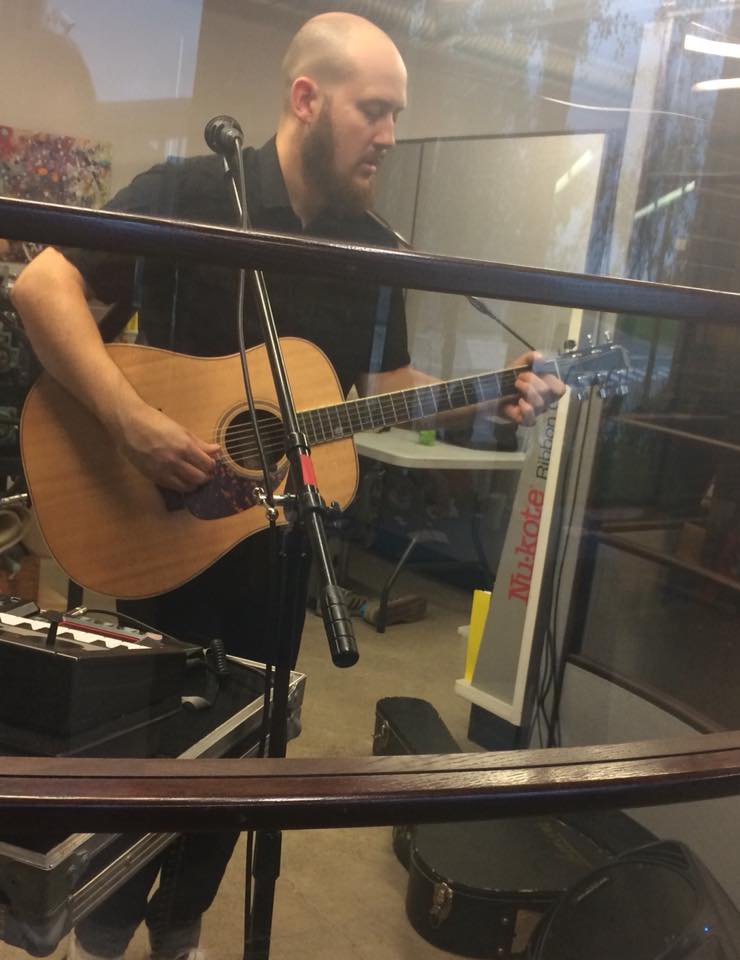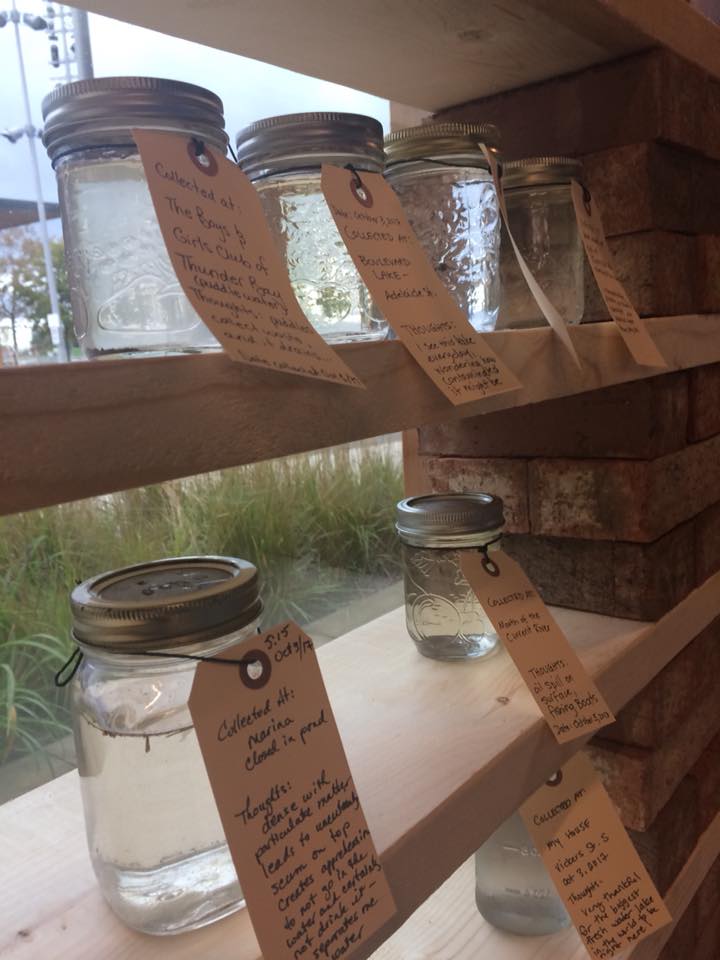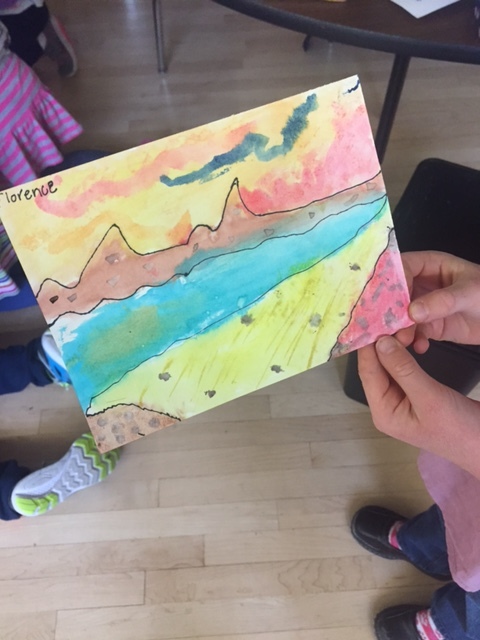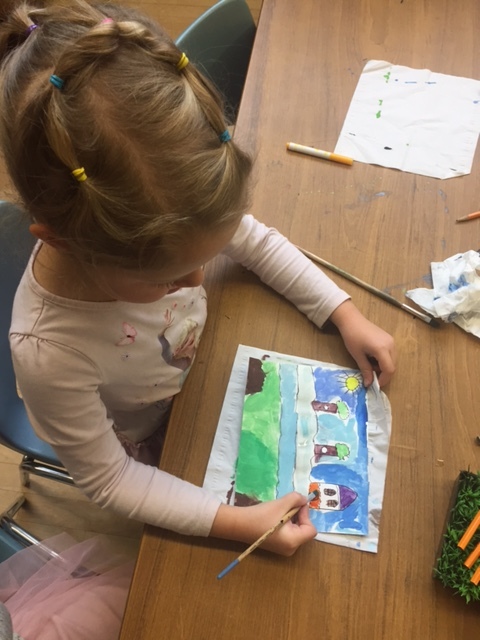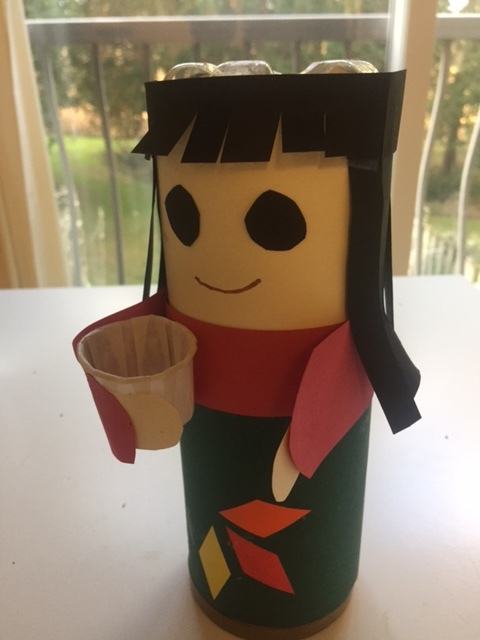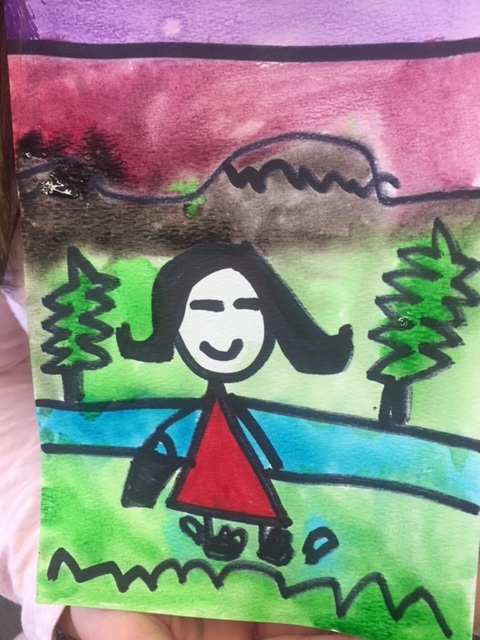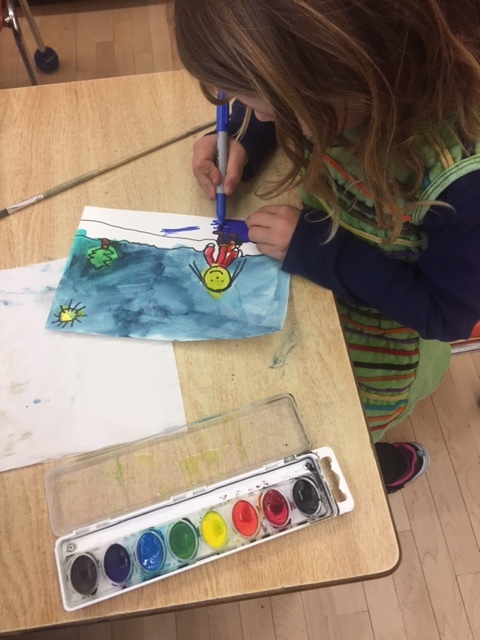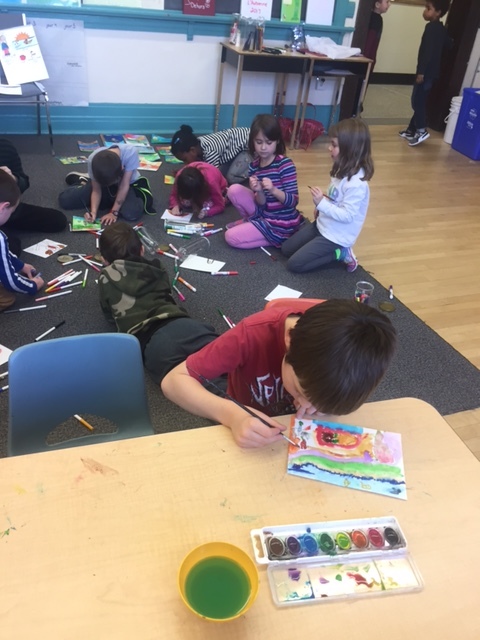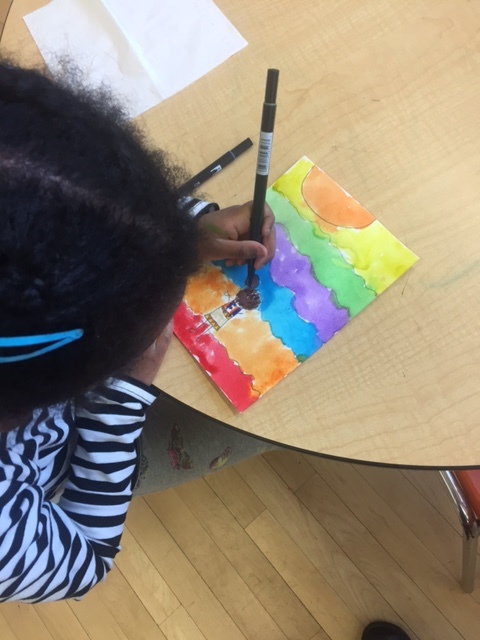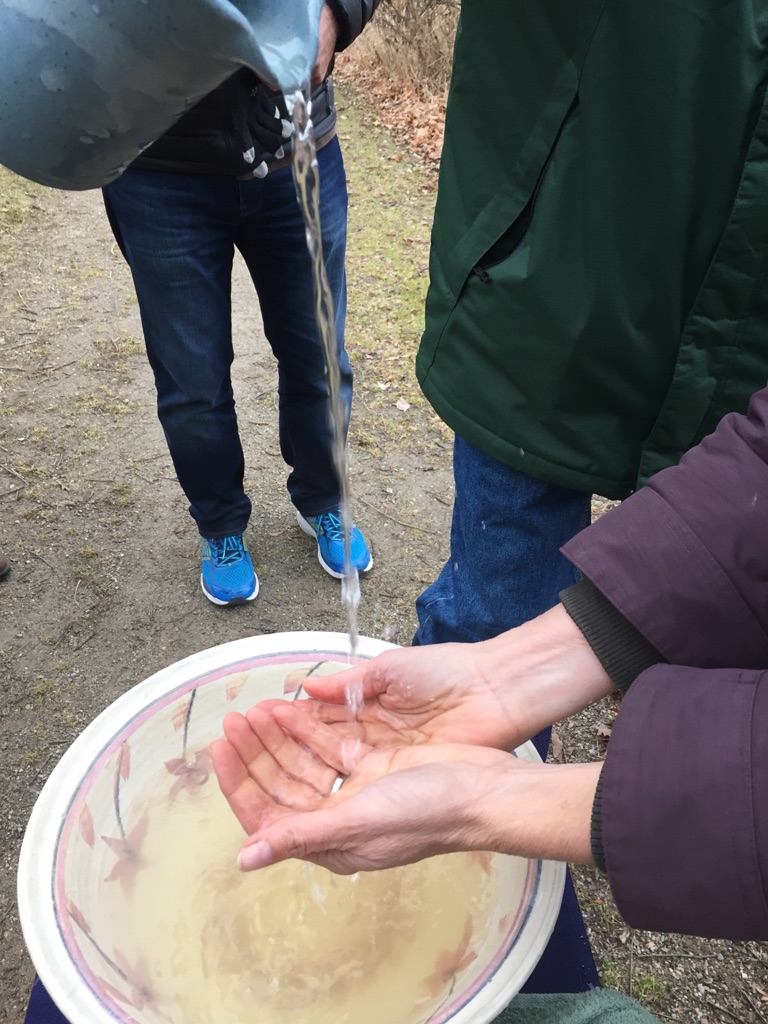Protecting clean and accessible water in the Great Lakes is at a crossroads. Since Europeans arrived on Turtle Island (home to many Indigenous nations) water has been exploited to serve the needs of the state (the USA and Canada in the Great Lakes region) and the consumer economy.
Severed from their own land-based identities, Europeans set out to conquer nature and the Indigenous peoples who were materially and spiritually braided to this continent. Lands, waters, and non-human life were not treated as relatives in creation by the newcomers, but inputs in the expansionist and extractivist origins of what we now call Canada and the USA.
The impacts and ethics of this exploitation lead governments and conservationists to establish pollution and extraction limits based on the water’s ability to serve human health (water quality) and ecosystem services (water quantity). Analyzing water’s chemistry, flow, and volume is the foundation for water governance in the Great Lakes and environmental wellbeing at large. This is an analysis cut loose from respectful relationships with water.
This approach has safeguarded water from many direct and short-term political and economic threats and has also improved our ecological literacy of water chemistry and hydrology. Still, many water policy professionals are frustrated by the gap between what we know and how well we are able to protect water in 2017.
Have we reached the limits of understanding and protecting water as a resource and how to embed water protection into our social DNA?
This map by the Great Lakes Environmental Assessment and Mapping Project illustrates the state of the lakes.
We have never known more about water’s quality and quantity than now, yet the state of the lakes is collapsing. Knowledge about water as a ‘resource’ has developed important metrics to guide policy, literacy, and advocacy. Yet the connections needed for greater public engagement and political leadership are broken.
Protected solely as a resource, water is threatened most by our collective denial that water is much more -- it is also the source of many vital relationships.
The Water Friendship Project aims to name these relationships, present their value and role in water protection, and offer concrete actions to guide water policy, curriculum, and advocacy. Additionally, uncovering lost connections to water can connect people across different cultures, professions, and locations. One of the major challenges facing the Great Lakes is their size. As the source of 20% of the world's surface freshwater, they are home to 40 million people and divided by over 1,000 laws, boundaries, cultures, agreements, jurisdictions, and protocols.
This Project follows the logic of water itself. We are all connected by water and by re-discovering and sharing our relationship with water, we are also building unity and a sense of belonging across and within watersheds.
The Workshop
To discover these key relationships, the Project started using the term ‘Water Friendship’ as a shorthand. Everyone knows what a good friendship feels like and its importance so we used this language in our call to participate. We invited a range of people who were involved in some forms of water protection already. We chose 3 Great Lakes Communities to explore both the diversity within each community and between. In each community we had:
A large majority of female-identified participants
Students in their 20’s and elders in their 60’s
educators, artists, researchers, advocates, and knowledge keepers who each worked with a variety of audiences (grassroots citizens, academic institutions, and community organizations)
Participants using different cultural, cognitive, and emotional frameworks to address water issues
Workshop co-facilitators Paul Baines and Tanya Chung-Tiam-Fook worked closely with a key contact in each location. This community liaison position lended legitimacy to the project, while connecting us with all the participants. We worked with Dorothy Taylor (a cultural teacher from Curve Lake First Nation) in Peterborough, Betty Carpick (a community-engaged artist) in Thunder Bay, and Karen Rathwell (a member of Wellington Water Watchers) in Guelph. The goal of the workshop was to introduce the need for a more relational understanding of water, to generate ideas (or ‘indicators’) that animate these key relationships, and to initiate a process for local follow-up on a community project.
The first 2 workshops (in Peterborough and Thunder Bay) spanned 2 days, engaged a total of 21 participants and included:
An opening ceremony acknowledging the land and waters and their ongoing protection by Indigenous nations
A story-sharing activity to honour the actions, emotions, and desires embedded in our water protection work
A meditation to remind us of our connection with water and mother earth
An introduction to Joanna Macy’s work on transformative change using her categories of Holding Actions, Structural Change, and Shifts in Consciousness
A summary of each participant’s perspective on key water ethics and relationships
An small group mapping activity exploring how these ethics and relationships can be animated
A closing ceremony to share our insights and gratitude
The workshop for Guelph was re-designed for 1 day since we wanted to build upon the existing work from Peterborough and Thunder Bay. To accommodate all the interest, we repeated this workshop with a total of 18 participants over 2 days. It included elements of the original workshop with:
A summary of the existing ‘friendship’ indicators created by the earlier workshop
A activity describing each person’s relationship to water
Feedback and testing of the existing ‘friendship’ indicators
Strategic steps for upcoming community-generated project
Friendship Teachings and Strategies
This seed project (funded by the Ontario Trillium Foundation) created new directions in water protection and social connection. Rather than just trying to protect water, participants wondered how to also protect the key relationships they have with water. This infographic offers a summary of the main ideas, however there is still much more to process as this project evolves in 2018. Get in touch if you would like to collaborate.
Community Delivered Projects
This innovative seed project included support for each community to implement a project that animated the water friendship ethic. Each project was designed and supported by the workshop participants of that area. Each of these projects reflect the uniqueness of the of the area and those involved.
Peterborough team makes a Trip Journal
After discussing and reviewing their options, workshop participants chose to use most of the given funds toward an existing experiential project. The Adventures in Understanding project unites youth from across Canada and even various world regions to spend one week paddling in a canoe together. The days are filled with cultural, geographic, and social activities that build understanding across place and culture. Organized by the Peterborough Rotary Club and with a half dozen other project collaborators, the Peterborough water friendship team designed a Trip Guide to accompany the paddlers. A 20-page booklet was made as an informative and reflective companion on this river journey. It features:
A large map of the route with both English and Anishinaabemowin (language of the Anishinaabe people) place names
Day-by-day summaries of journey places and activities
Key water teachings and activities generated from the Water Friendship workshop
The group also printed 1,000 stickers illustrating our place and responsibility in the water cycle. With a donation to the Onaman Collective, the group got permission to use Christi Belcourt’s image seen within the images below. These stickers were given to all Adventures in Understanding paddlers and were shared among the workshop team to re-distribute as gifts across their social networks.
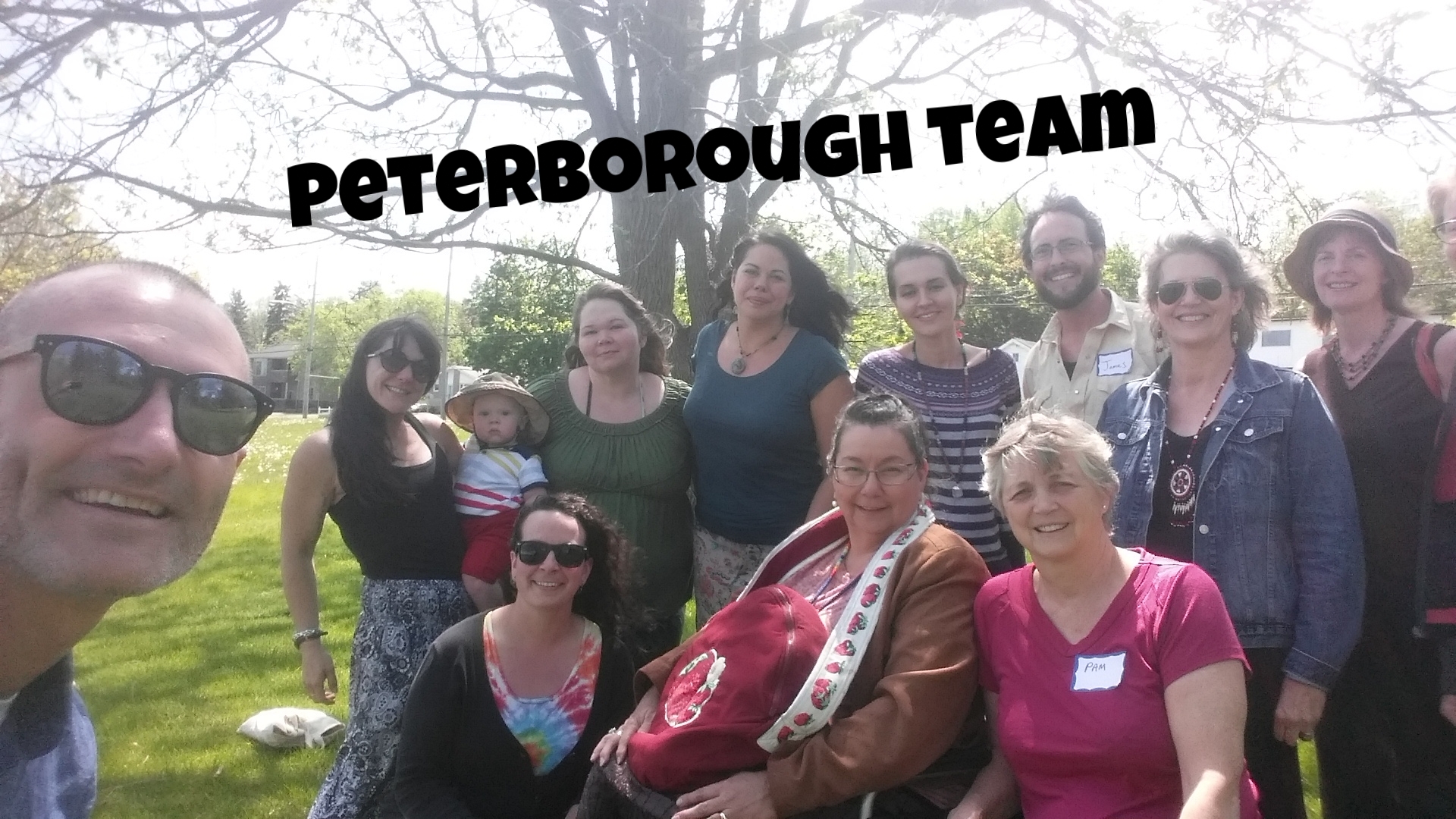
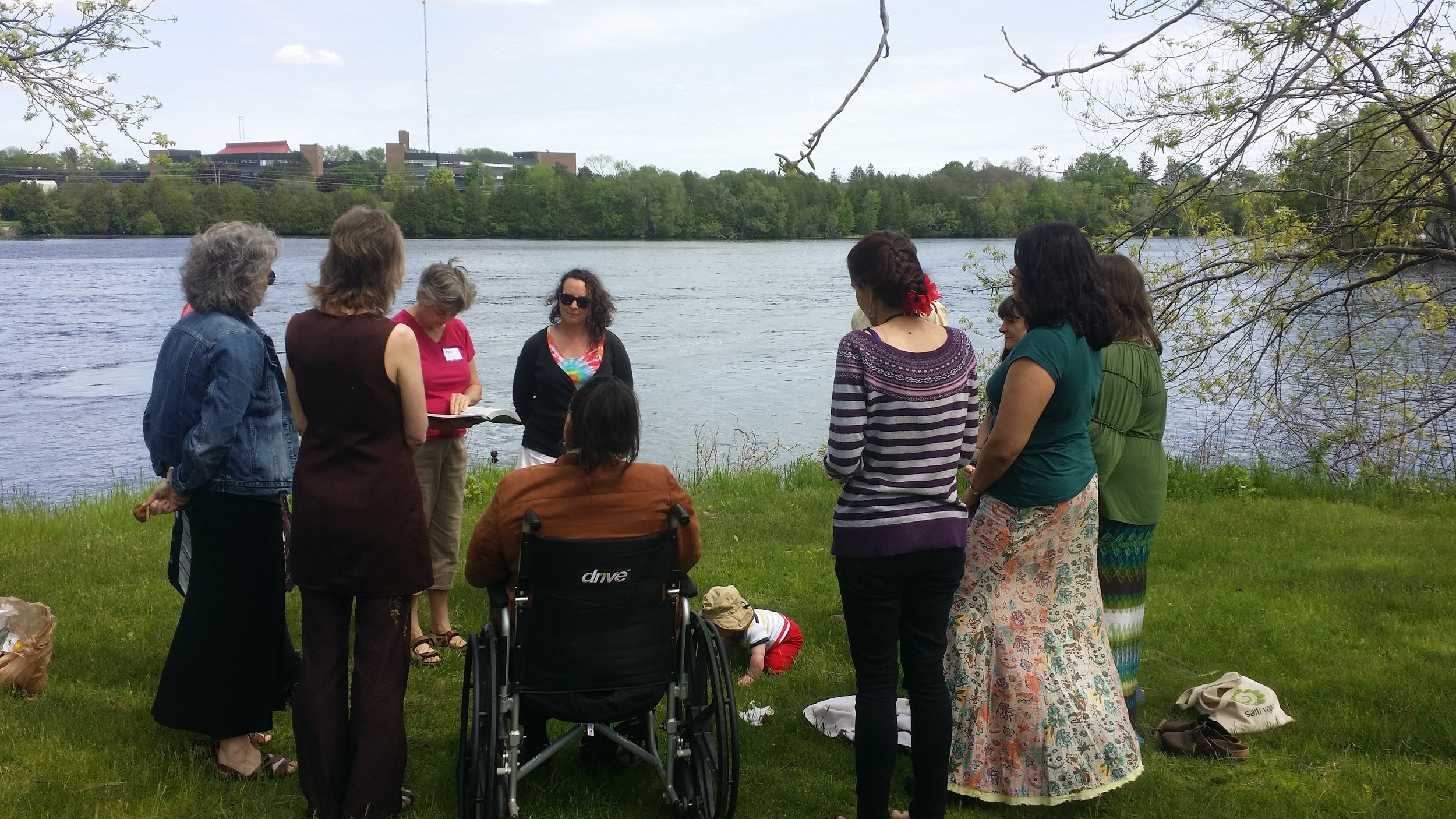
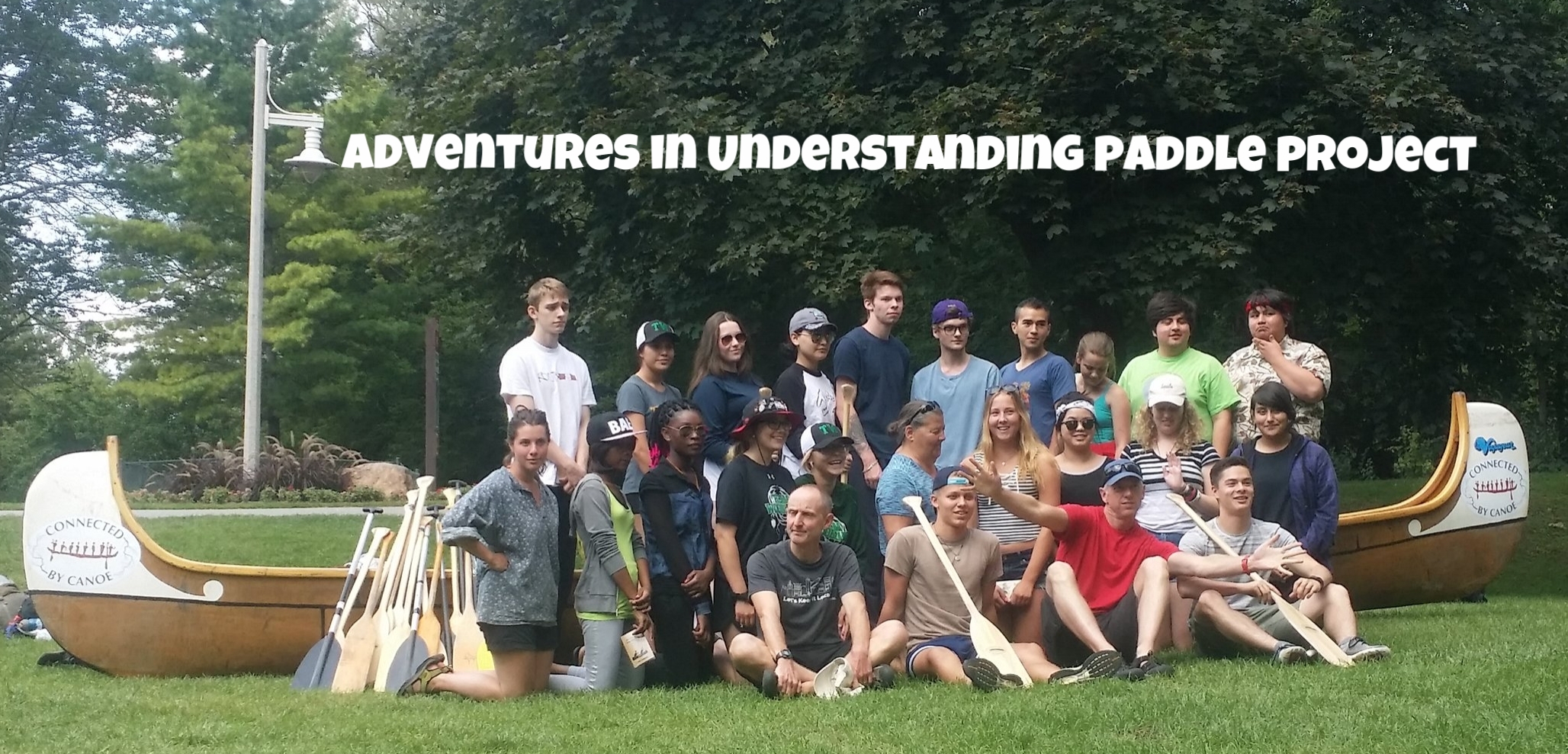
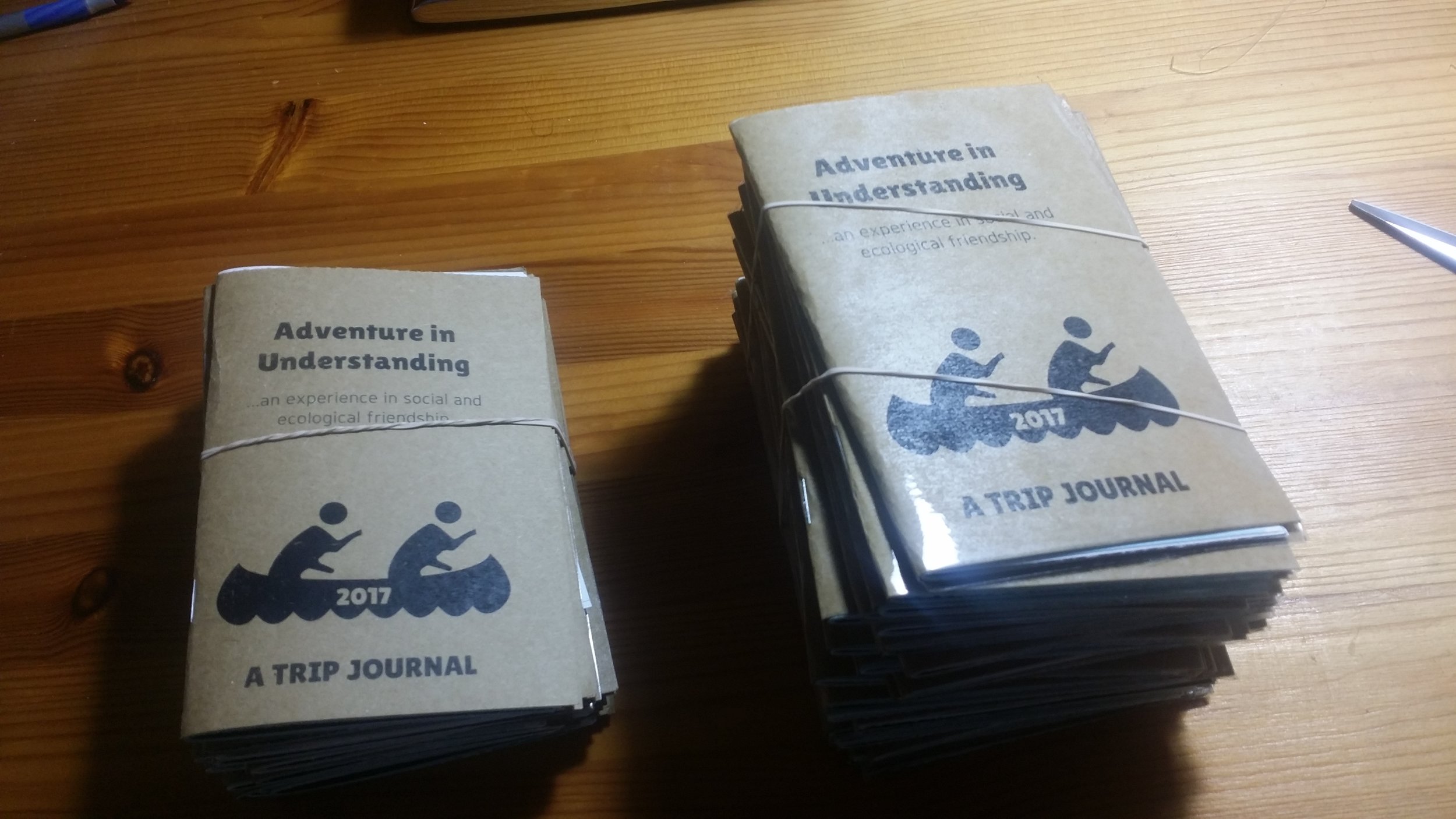
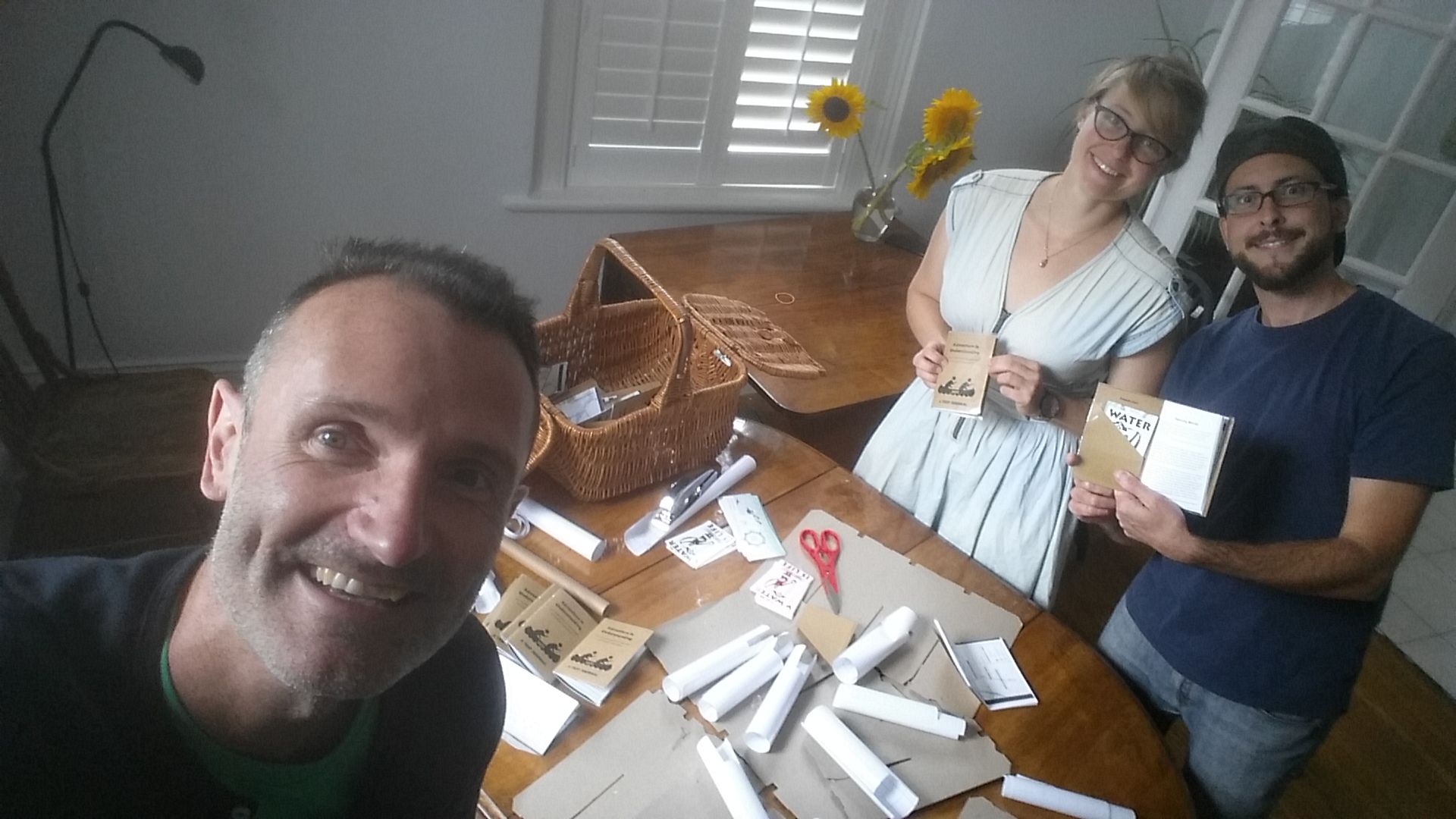
Thunder Bay Team Makes the Invisible Visible
At the Baggage Building Arts Centre, the Thunder Bay team organized a public event for people of all ages to celebrate water friendship and share their connection to Lake Superior. Participants brought water samples in Mason jars from the Thunder Bay watershed and each jar was labelled with the collection date, location, and thoughts on why the water sample was significant. As part of the cataloguing, samples were examined under a microscope and a mini-zine provided information about aquatic invertebrates A map of the watershed was available for indicating collection areas and it hung alongside a summary of the water friendship teachings. Stimulating even more senses, the event featured live music with a water theme and local, seasonal food.
As the title suggests, this event showcased our water connections to place, non-human life, sound, taste, and knowledge for a week-long art installation just a few hundred meters from Lake Superior.
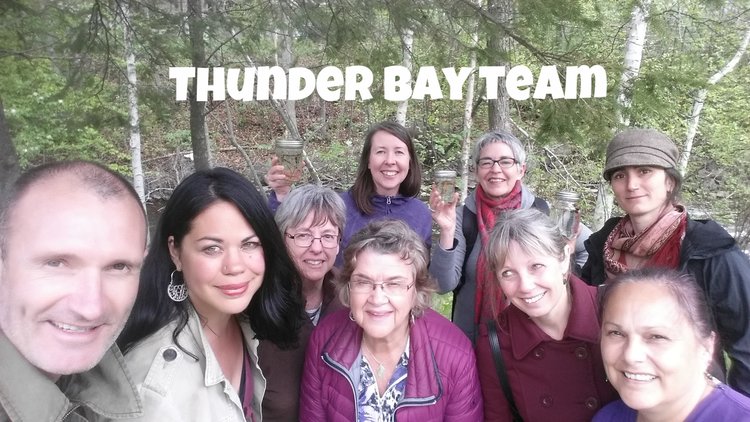
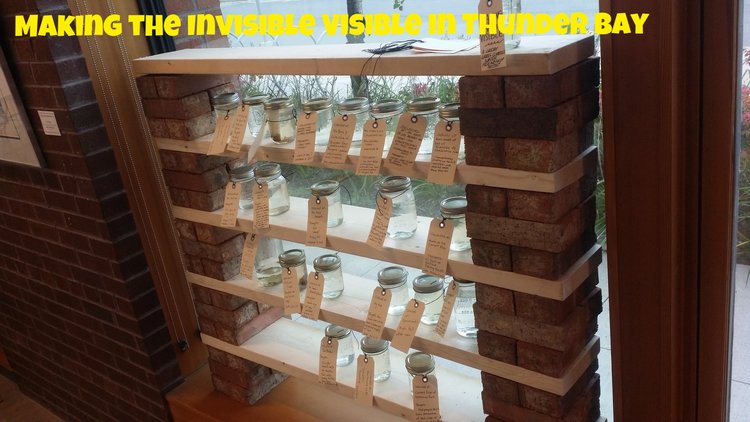
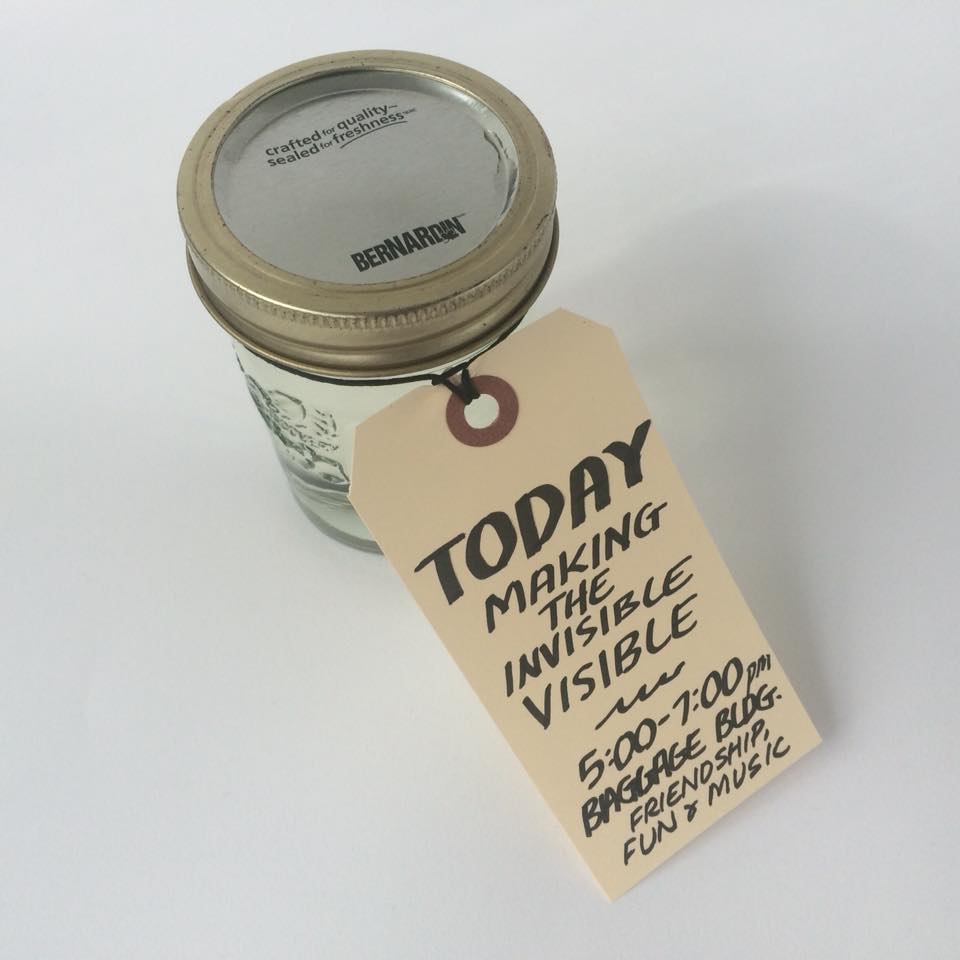
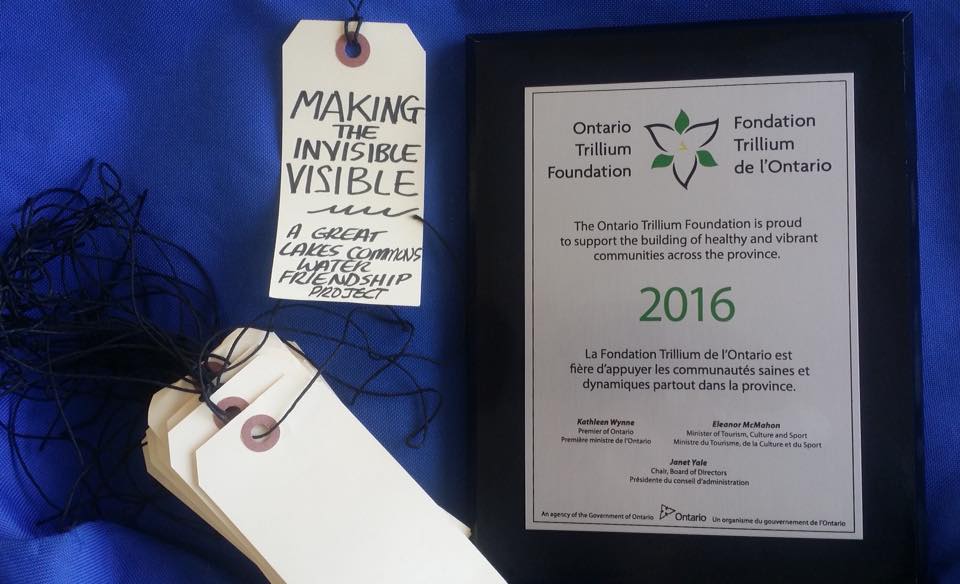
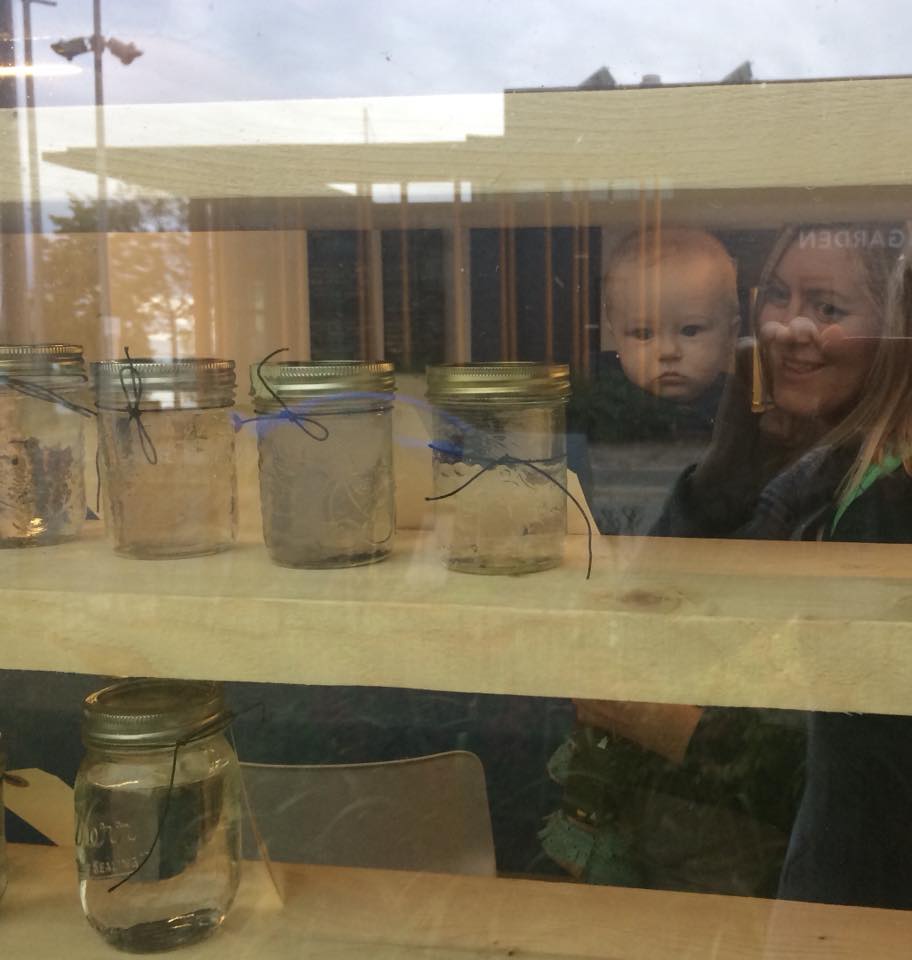
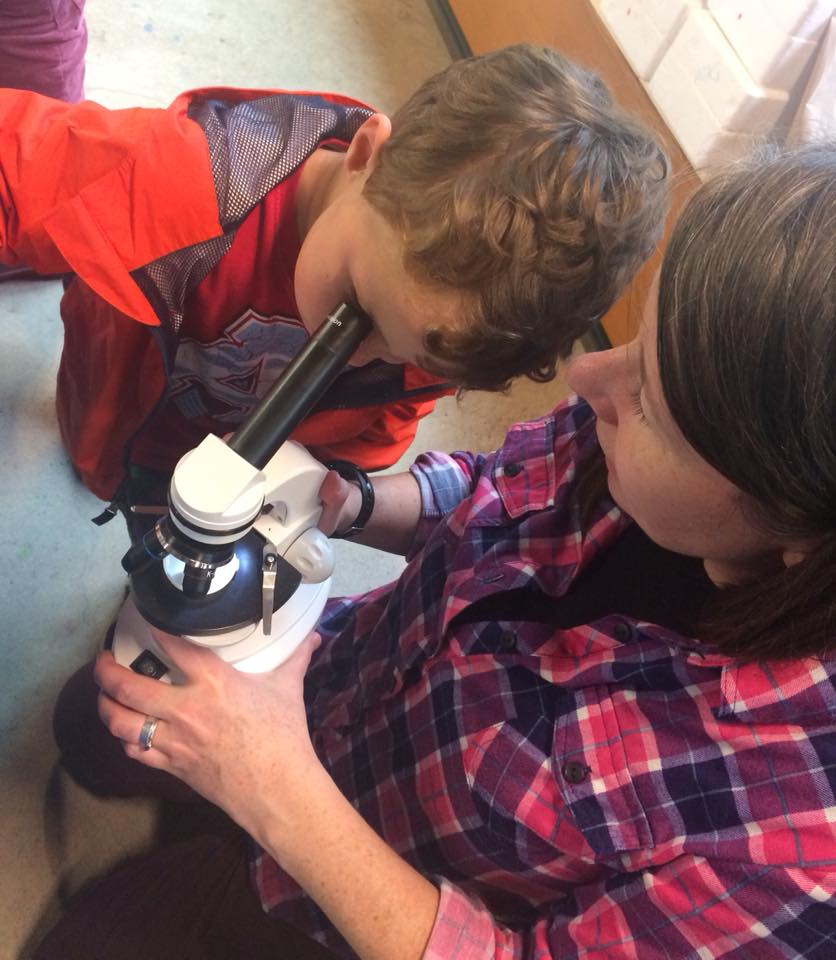
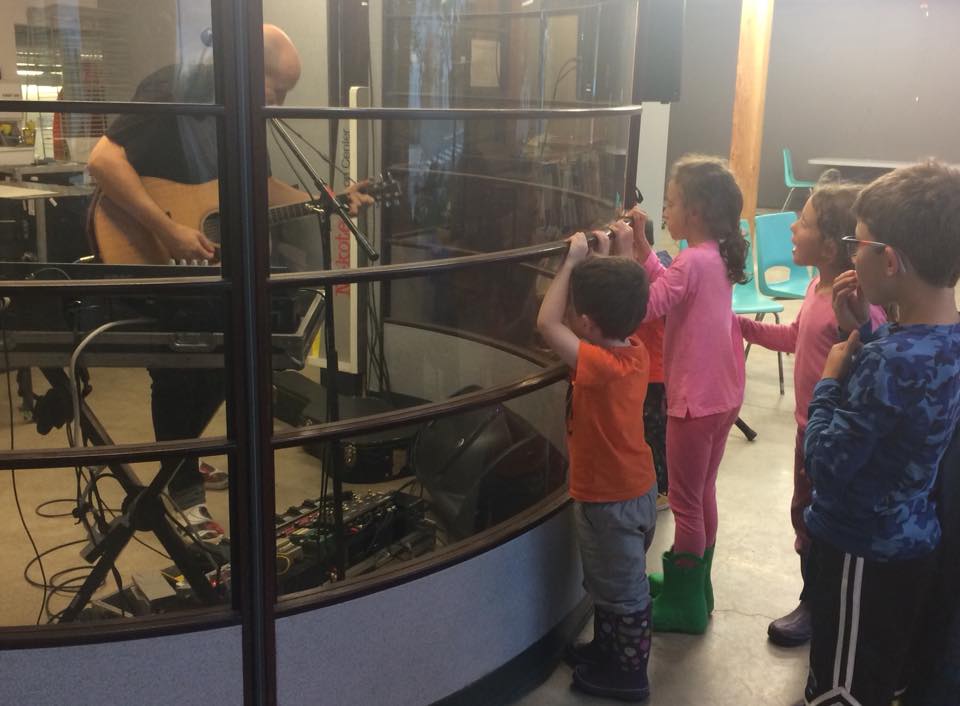
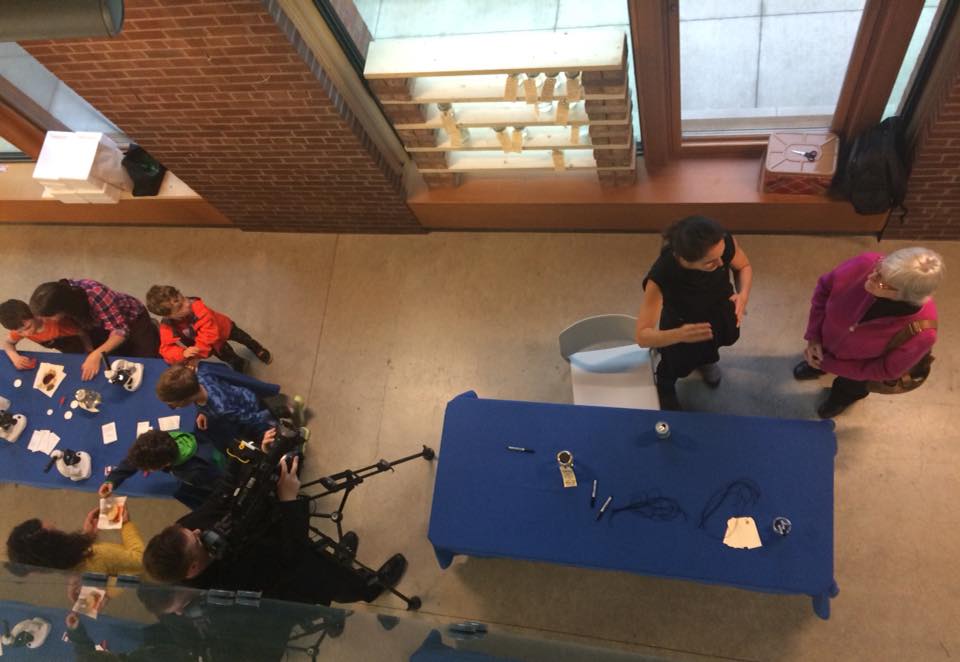
Guelph Team hosts art workshops & water blessings
This group wanted to stress the need for greater ritual and gratitude for water and the role children play as leaders in water friendship. Guelph has been home to monthly Water Blessings events hosted by the Wellington Water Watchers. The Water Friendship Project supported some of the promotional and organizational costs for these gatherings for the fall and winter. Read about the September blessing in this article.
The promotion for the gathering explains, "Full Moon Water Blessings provide opportunities for the public to gather to appreciate and celebrate the magic and majesty of water by joining together and reflecting upon the importance of water in our lives."
A majority of the project funds were used to coordinate art workshops with elementary students about their connection to water. Using children’s books and the Water Friendship project as sources of inspiration, these painting and crafting workshops gave about 100 Grade 1 & 2 students a chance to design and discuss their respect for and responsibilities to water. The workshops covered:
Wonders of our Watershed (How Guelph's Speed and Eramosa rivers flow into a the Grand River on its way to Lake Erie.)
Wonders of our Riverbanks (How we share our watershed home with plants and animals, both in and out of the water.)
Wonders of the Watercycle (How we use our water, how can we protect it, and how we can become a friend of water forever.)
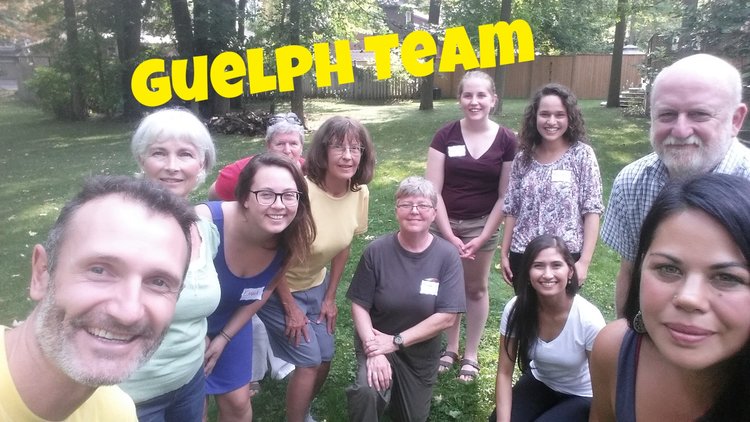
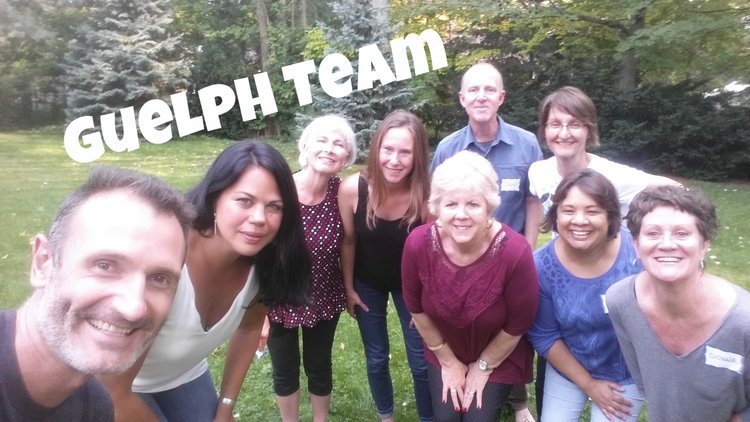
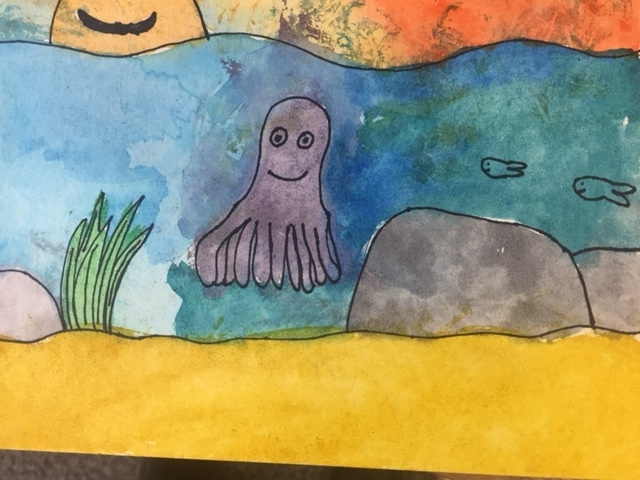
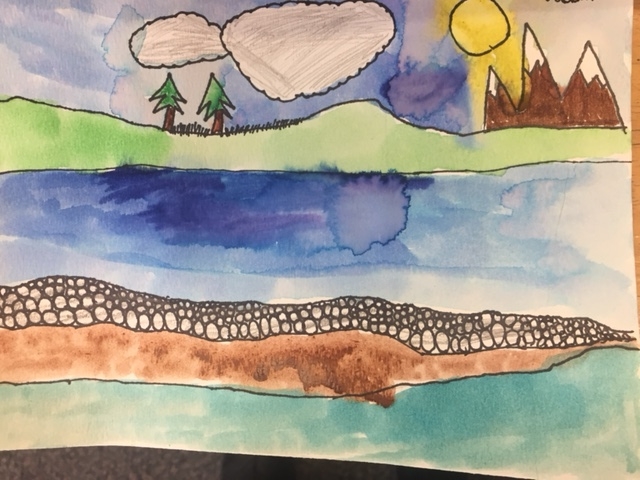
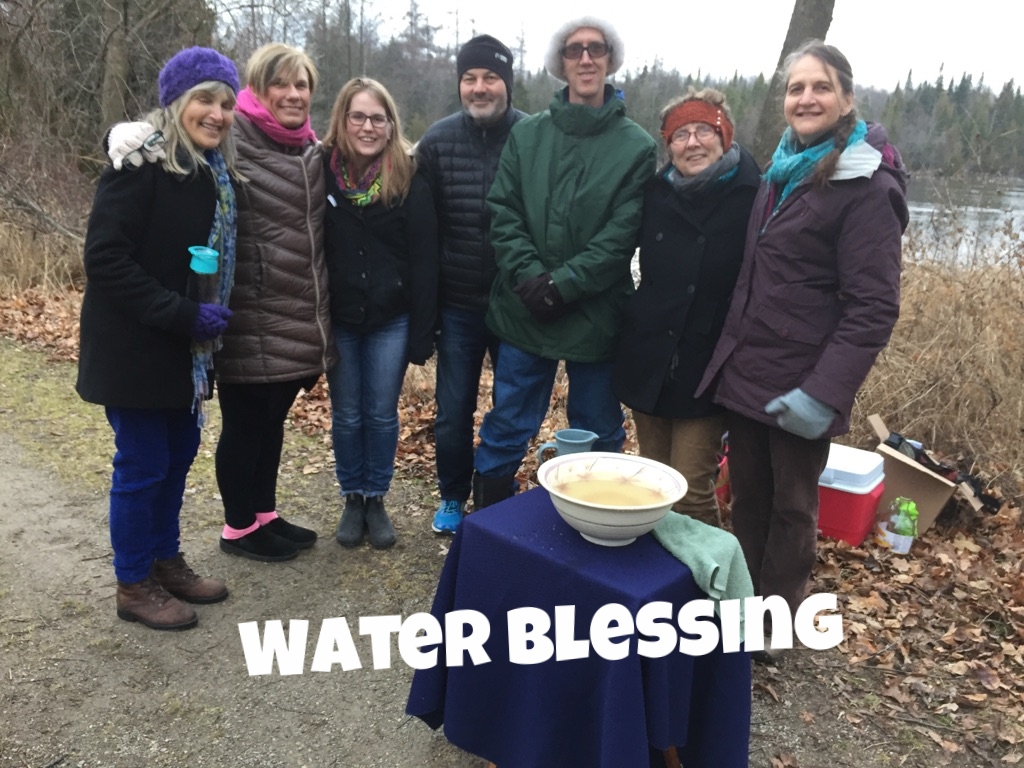
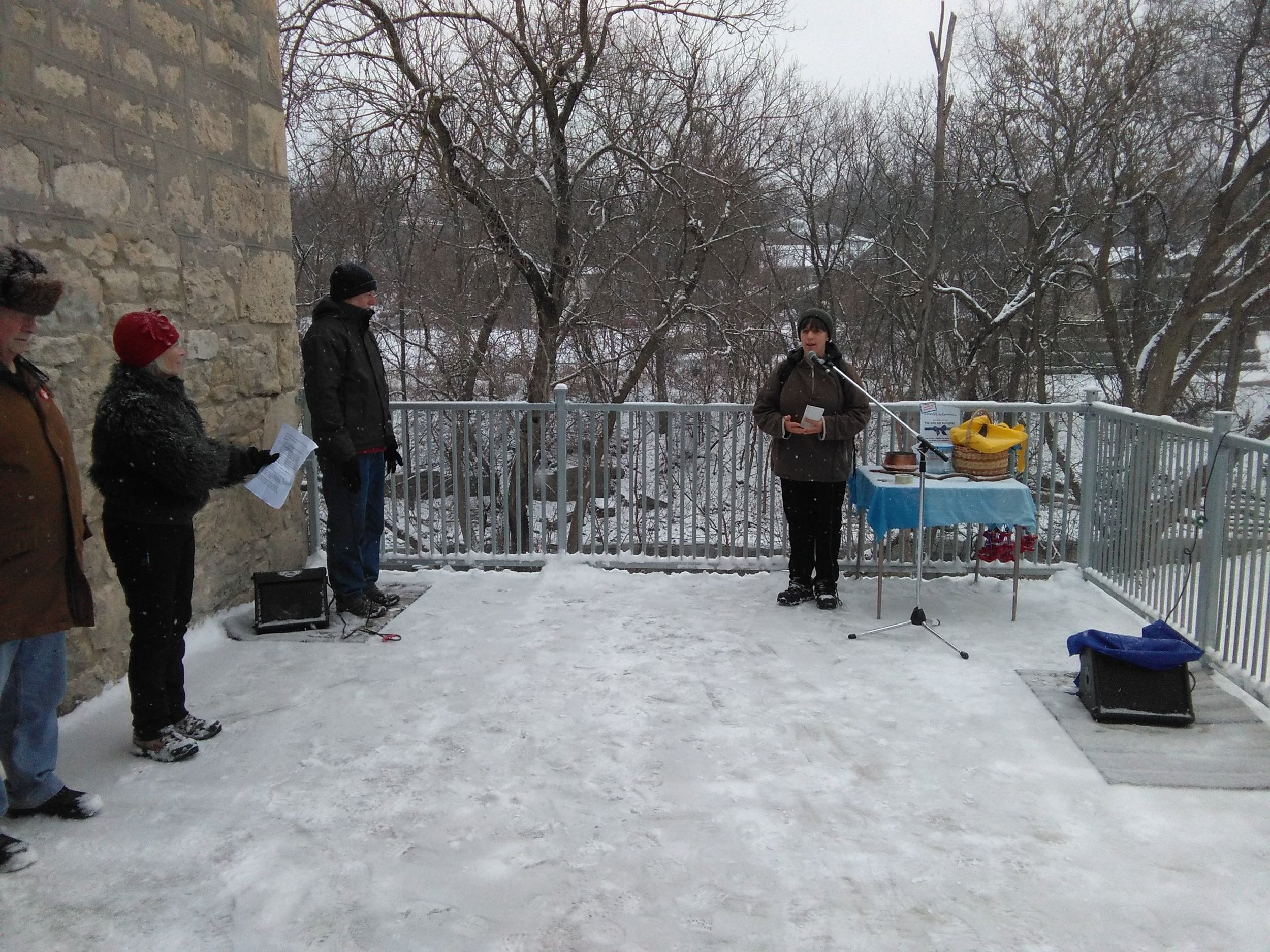
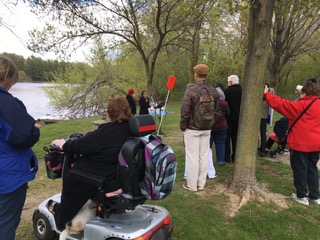
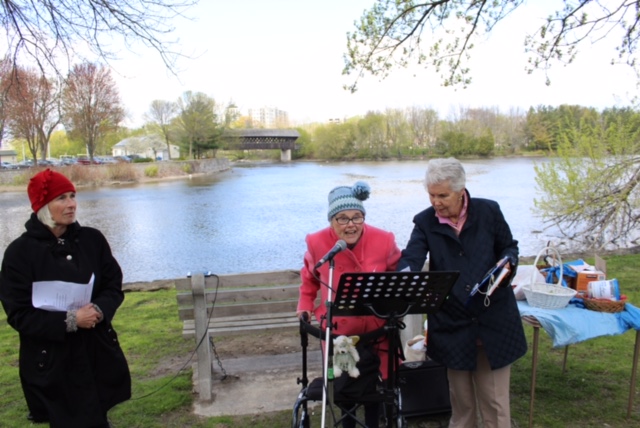
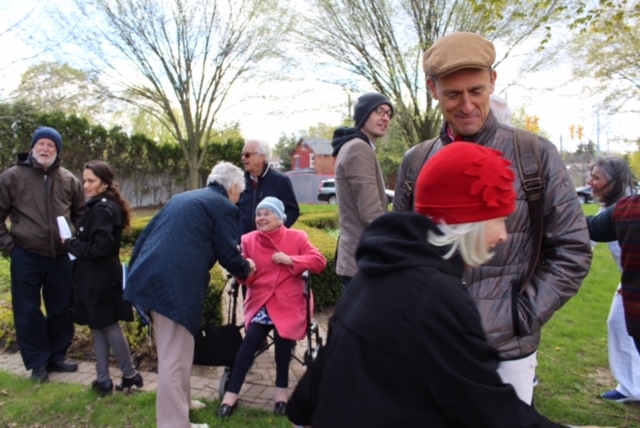
What’s Next for Water Friendship?
The community projects and the infographic are only a few examples of how to use the Water Friendship teachings to describe and to protect our relationship with water.
We are sending this report to all our workshop participants to honour their contribution and reseed new energy for 2018. We will reach out to Great Lakes Commons supporters and other water organizations to promote the Project’s findings and demonstrate how water protection enriches our relations between people and place.
The Trip Guide produced by the Peterborough team has been adapted for a canoe trip at Champlain College (Trent University) and the Guide’s map has been adopted by 2 other education projects. The art workshops in Guelph will serve as a precursor for additional workshops on water friendship and a World Water Day event showcasing the student art.
We will share this work with the Canadian Index of Wellbeing to initiate an update to their indicators of environmental quality. Laura Gilbert, a graduate student from McGill University will study of how the teachings can be used to make recommendations to policy and curriculum. You can also look forward to a more complete guide to the water teachings and more ideas of how to apply them in your work. Get in touch to explore how this project can support social and environmental connections in your work.
Participant Feedback
What do you think/feel were the most valuable parts of the workshop?
I had never taken part in a water blessing before and I found that really interesting (Kayla).
The workshop was inclusive and rooted in Indigenous protocol. Rather than a typical NGO or settler environmentalist approach, and rather than a strictly First Nation approach, the workshop felt like truly common ground where we could identify shared goals that were respectful of everyone around the circle. (James)
The diverse perspectives coming together. The concept of relational indicators as an important shift in evaluation. (Taylor)
Networking with others in the community. (Aynsley)
What parts of the workshop do you think/feel could be changed to make it better?
Distilling the emotions, actions, into more formal language seemed to sanitize the rich ideas that had been discussed. The final draft seemed too formalized. (Pam)
Maybe more time! Or, if more time isn't possible- perhaps some preemptive discussion points to think about beforehand. I found the content of the group exercises very interesting, but fell short on execution. That being said- I had a lot to think about afterwards! (Kristin)
I really liked the interactive nature of the workshop. I feel that the expected outcomes of the 2 days could have been better communicated. I wasn't exactly clear on what it was we were trying to achieve, so perhaps a better outline, written somewhere for us to look back on throughout the 2 days would have helped a lot. (Emily)
Can you share a bit of your experience about how the weekend affected your connections with others in the group and connections to place?
I was inspired to think of new ways to engage my community and it made the work that I am already doing feel significant. (Emma)
It was wonderful to explore a friendship and love of water with others. I felt they were family just for being there! I have a new relationship with water.....much more conscious, appreciative, alive. (Donna)
This workshop brought together people who are connected to water, and while some were faces I've seen at different events, this allowed for us to bring in new faces and foster a more intimate connection than had existed previously. Now that relationships have been started, renewed, and continued, effort must be put in to maintain those connections. As for connection to place - this workshop certainly helped me personally connect deeper to my place and understanding of my role as a settler with the privilege of waterfront access and the change that can come about from that position. (Heathyr)
I find water brings people together easily. It's a heartfelt and relatable topic. I noticed people forming strong connections to each other during the weekend through the process of describing their connection to water because it can be so personal. At the end of the workshop I heard people vocalize that they didn't want it to end, wished it'd been longer, or didn't like having to say 'goodbye' after just meeting. Individually, I felt encouraged as a newcomer to this place to have found people I relate to so easily and openly. I look forward to seeing several of these people again, staying updated on their individual projects. I made a few new connections that will benefit my professional efforts. And potentially one or two new friends. I met allies and mentors. (Taylor)
The workshop allowed those in attendance to connect in a new way - I feel closer to the community at large, but more specifically to the 'water' community. These new connections have allowed me to contemplate new ideas and forge new personal and professional relationships. (Heather)
I profoundly enjoyed the other participants. Connecting with them has provoked a deeper longing to become more involved and connected with this issue, and my community. (Kristin)
I made some excellent connections throughout the weekend. I have wonderful friendship with a few of the people who were involved, but more importantly, I have seen how a few people involved will be able to help me with future projects related to my work. I can see some synergies between the art gallery and my organization and possible future projects that we can work together on. Some of these projects might relate directly to water, but they might also centre around other topics. I enjoy workshops like this because they give the space and time to get to know other members of the community in a non-intimidating way. It also gives people from different organizations a chance to learn about what other amazing things are going on in our city and how we can get involved in each other's projects. (Emily)
Would be comfortable contacting any of the participants to work on future water projects (or tap into their expertise/background). Have already had a follow-up meeting with one other participant to share resources/knowledge to embark on a new/different project. (Aynsley)
Facilitator Reflections
I found the experience of co-designing and co-facilitating the Water Friendship workshops in the three communities to be unique and profoundly moving. With the workshops, we were interested in providing an innovative yet supple frame for connecting diverse groups of water protectors in a holistic process of collaborating, visioning, designing and animating change related to their relationships with water and water actions. I immediately felt that participants were eager to look beyond the more instrumental and scientific qualities of water, and instead, open their minds and hearts to a deeper level of awareness and engagement with water. In fact, there was a lot of interest in exploring water as a sentient, rights-holding and even mystical entity that we feel kinship with in our daily lives. Despite their different professional and cultural perspectives, most people were able to really drop into more holistic and qualitative ways of thinking about, appraising and animating their relationships with water and water practice.
As such, I was really impressed with the level of enthusiastic and conscious engagement among the participants throughout the different elements of the process: ceremony; identifying personal relationships with water based on values and teachings; sharing stories about the value and role of these relationships in water protection; identifying change-oriented water actions; co-creating signals of social connection and action with and around water; and manifesting the signals through concrete literacy, advocacy, ceremonial and policy actions within the three water communities. Challenges that emerged from the workshop process related mostly to our ability to distill and articulate personal relationships, teachings and values about water and water protection into a generalizable tool that can guide social connections to and care for water; and build capacity for the self-determined psychological, political and social transformations in our communities around how we think about, value and embody care for the earth. (Tanya Chung-Tiam-Fook)



